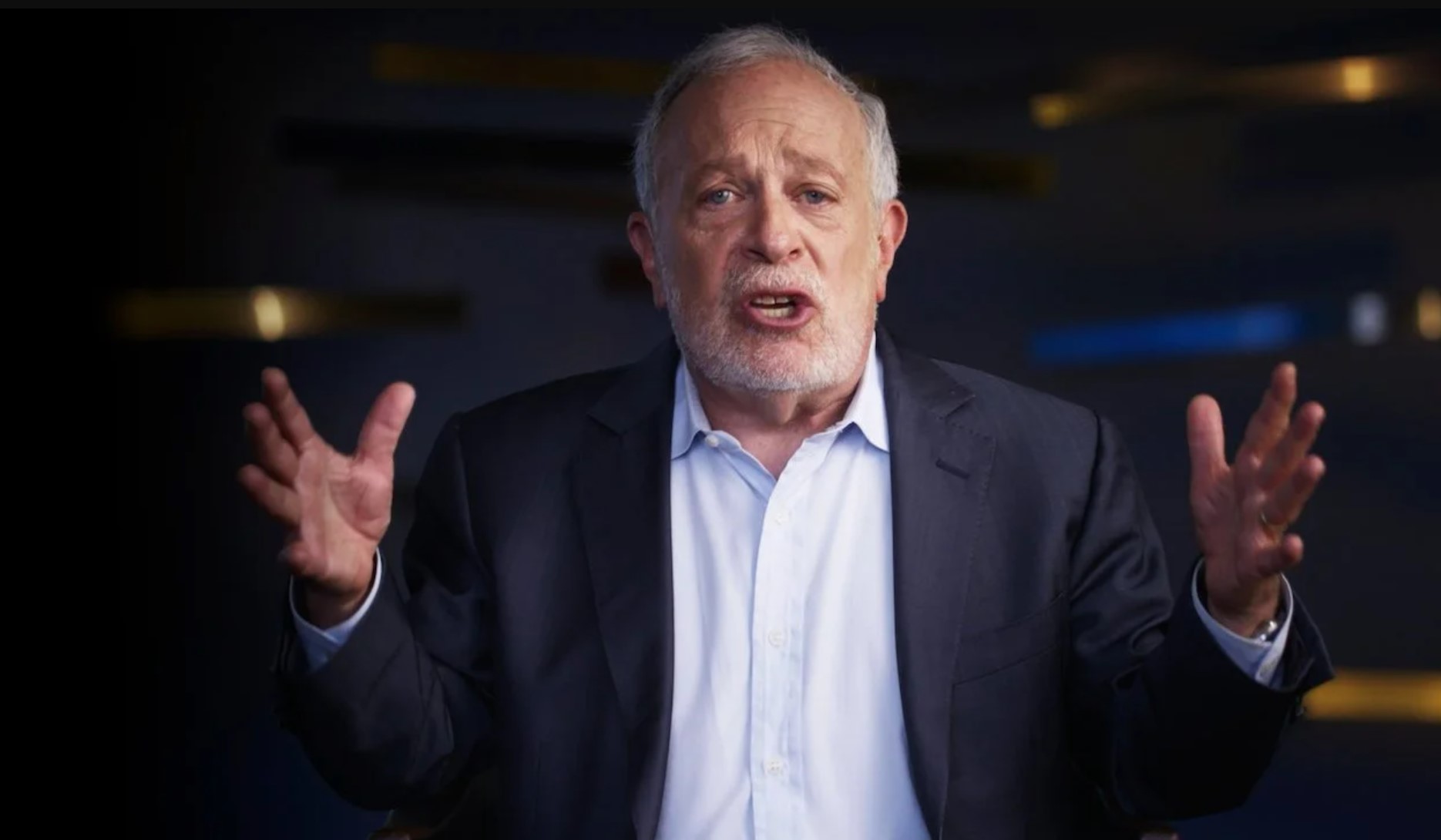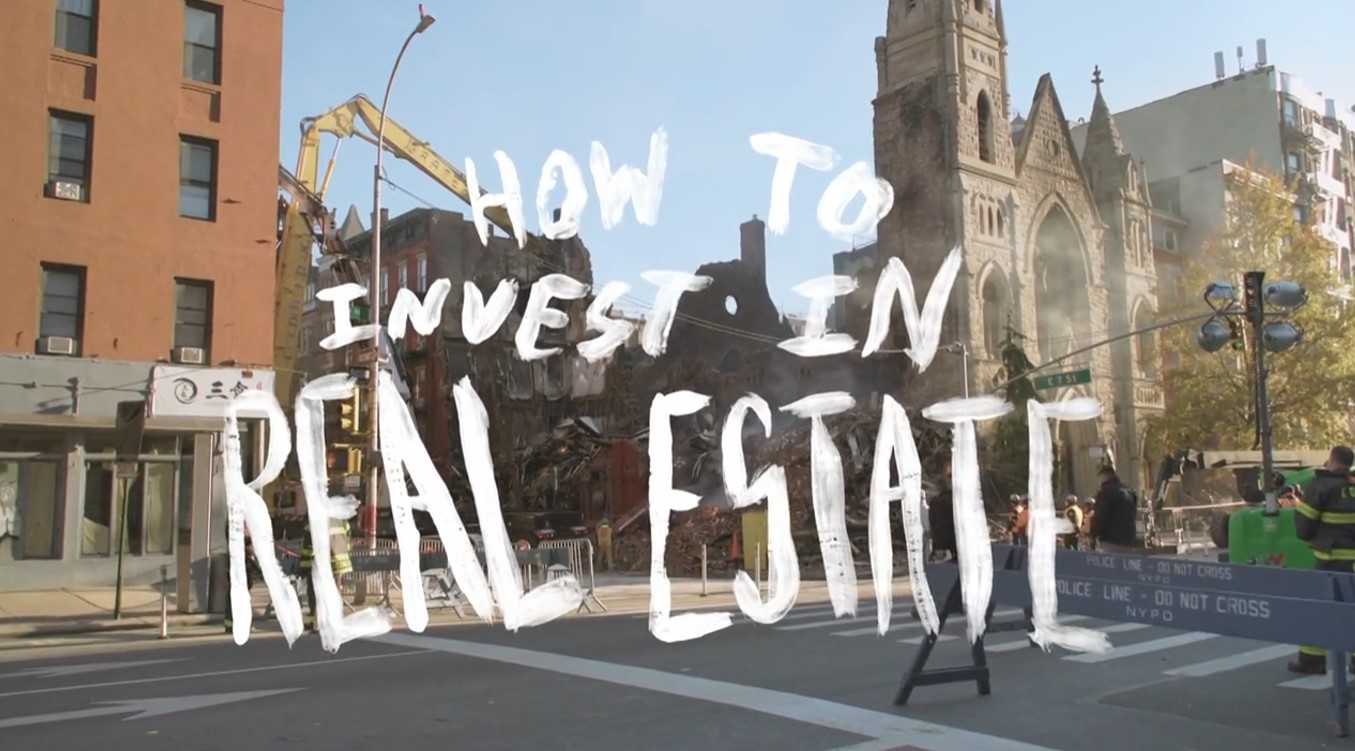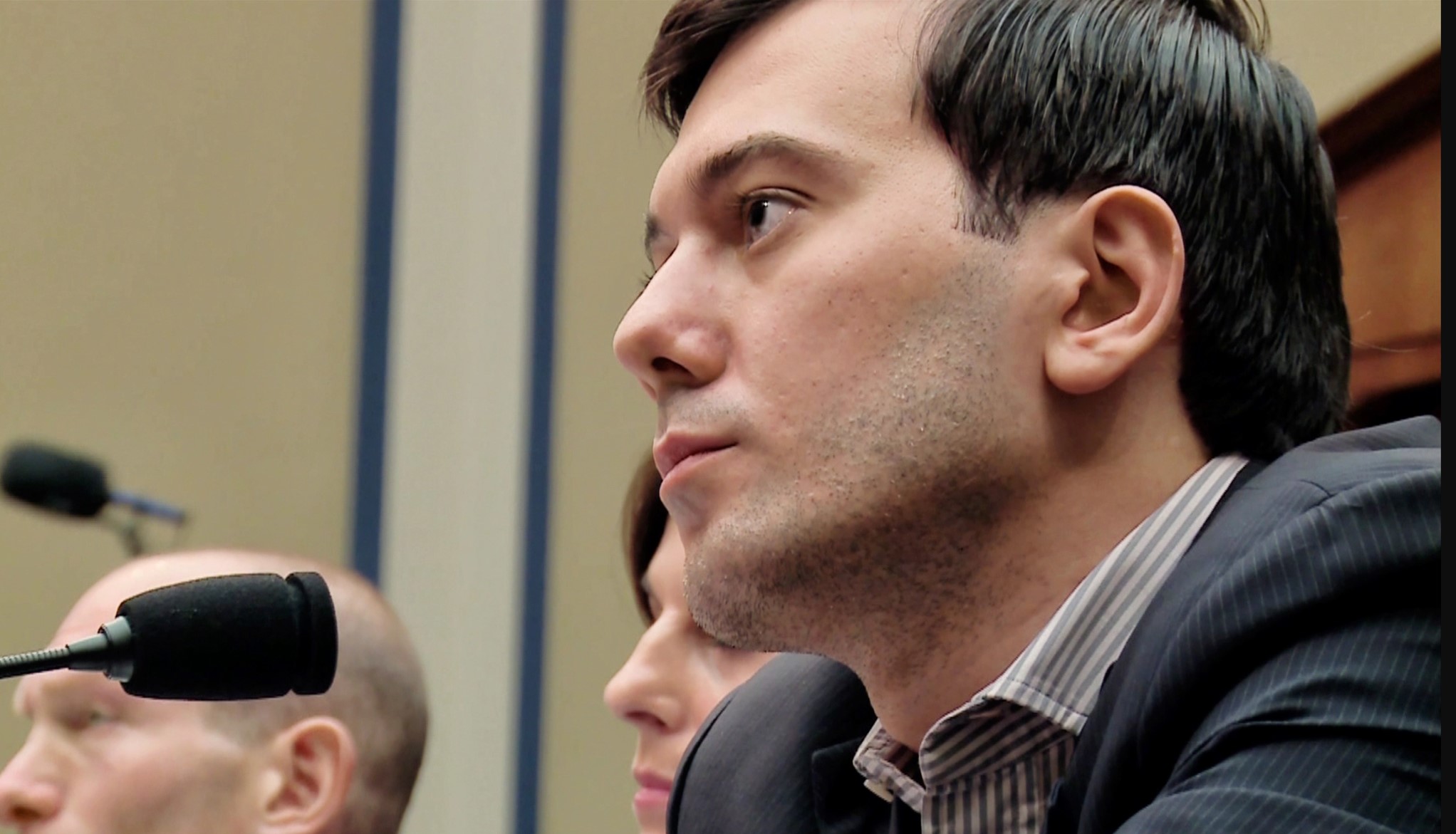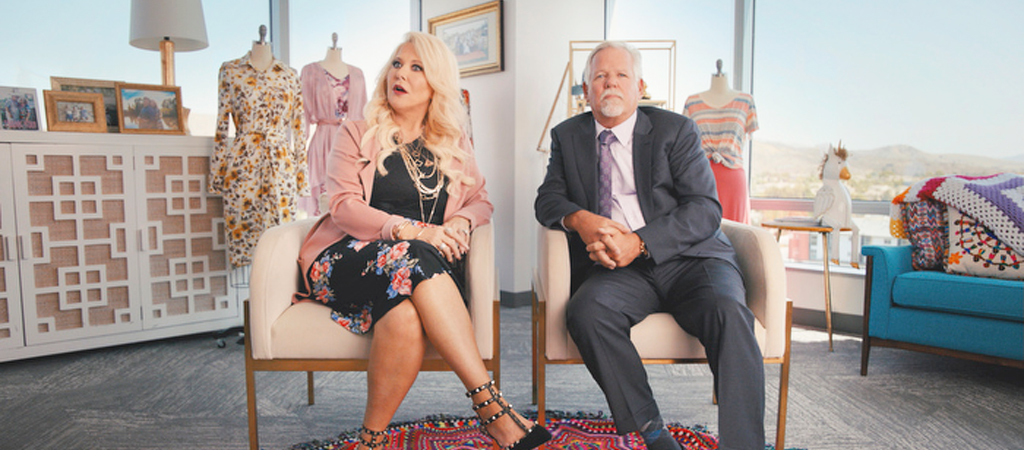Money fascinates us all, but how does it really work? How do you accrue it? Where does it come from? How does it fuel economic systems and pyramid schemes and billion-dollar industries? What role does it play in our everyday lives, from investing to buying to building credit? For something that’s practically a necessity to live on this planet, there’s a lot they just don’t teach us when it comes to money.
Luckily, there are some great documentaries and docuseries streaming right down that give us some inside knowledge when it comes to the way financial institutions work (and don’t work). These are the best of the best — ones that might actually teach you a thing or two about how money really moves so it doesn’t roll you over.

Generation Wealth (2018)
Run Time: 105 min | IMDb: 6.6/10
Some entries on this list double as classroom lessons in finance we never got in grade school but others, ones like this fascinating and depressing look into the lifestyles of the rich and richer, are here to remind us that more is not always better — even when it comes to money. Photojournalist Lauren Greenfield turns her camera first on the affluent kids who made up her 90s childhood in L.A. before sitting down with all kinds of money-chasing subjects — from Wall Street execs and fraudulent stock traders to historical experts that predict that our current obsession with excess might lead to our societal downfall. It’s a fun watch until it’s not but it does pose some probing questions that might have you re-examining your own attitudes towards wealth.

Saving Capitalism (2017)
Run Time: 73 min | IMDb: 6.8/10
Despite what its title might suggest, this informative breakdown of America’s current economic system is actually sounding the alarm on all the ways capitalism (as we know it) is destroying our workforce. That sounds bleak and some parts of this doc certainly are, but it’s filled with rich history lessons on how capitalism built up so many countries and hopeful avenues for how we can change things now so that workers — not multi-billion dollar corporations — get their due. It’s narrated by economic savant Robert B. Reich who worked under Presidents Ford, Carter, Clinton, and Obama. Reich has the ability to break down even the most complex abstracts in ways that are entertaining and digestible, but it’s the undercurrent of hope in this film — that there might be a way to change the flow of wealth despite capitalism’s tendency to concentrate it on a lucky few — that makes it worth a watch. Just, you know, keep in mind that that hope is coming from a film made 5 years ago.

The Giant Beast That Is The Global Economy
1 season, 8 episodes | IMDb: 7.6/10
Perhaps the most entertaining look at how many different economies around the world function, this Kal Penn-hosted series is a wild ride filled with episodes on everything from how people launder money to why we’re all reliant on the rubber industry. It’s produced by Adam McKay, which should set the stage for some of the more stylistic choices — there are lots of narrated infographics and comedy skits to be found here — but Penn is a good interviewer and he’s given some really fascinating subjects to talk to. It all combines to make a docuseries that’s as fun to watch as it is informative.

How To With John Wilson
2 seasons, 13 episodes | IMDb: 8.7/10
Technically, this idiosyncratic odyssey of human habits isn’t focused solely on finances. There are plenty of episodes dedicated to exploring how (and why) people do certain things — and they’re all worth watching. But, for the purposes of this streaming guide, we’re recommending two episodes. The first is a fairly micro view of money, one that examines the intricate social dance of splitting the check. It’s cute and quirky and oddly revealing about how we view money and how much we should contribute to everything from a shared meal to taxes designed to make our lives better. The second episode worth watching for financial reasons pops up in season two, as host, John Wilson goes on a real estate journey every millennial — or commitment-phobic New Yorker — dreads: the act of buying a home. Will you be more likely to once Wilson’s experience ends? Probably not, but you’ll know a hell of a lot more about mortgages and loan approval, and credit scores.

Dirty Money
2 seasons, 12 episodes | IMDb: 8.1/10
This docuseries from Oscar-winning filmmaker Alex Gibney gives audiences a melange of true crime stories all set within the world of corporate corruption and capitalist greed, from payday loan scammers to big bank scams, maple syrup heists, illegal gold mining, and slumlord millionaire Jared Kushner. The show interviews some of the subjects at the center of these criminal exploits, which makes this all the more compelling.

LulaRich
1 season, 4 episodes | IMDb: 7.5/10
You’ve likely heard the term “pyramid scheme,” but this deep dive really helps you understand how insidious these money-making scams truly are and why people so often fall victim to them. Spread over four episodes, this series focuses on the beloved legging empire that was LulaRoe. It’s filled with bizarre sitdowns with the company’s CEOs — a couple of megalomaniacs named DeAnne Brady and Mark Stidham — as well as heartbreaking accounts from people who got roped into the mess in this cautionary tale.

Broken
1 season, 4 episodes | IMDb: 6.9/10
This series focuses more on consumerism than personal finance but watching it will likely have you questioning your own purchasing power and how you wield it. From how influencer culture is helping fuel the makeup black market to how unrecycled plastics are literally consuming villages in Malaysia and hazardous cost-cutting maneuvers by cheap furniture makers, there’s a horror story behind every industry and it all relates to our wallets in one way or another.

WeWork: Or The Making And Breaking Of A $47 Billion Unicorn (2021)
Run Time: 104 min | IMDb: 6.6/10
Yes, you could watch whatever Jared Leto’s doing on the fictionalized version of this entrepreneurial scandal or you could dive deeper with its documentary counterpart to truly understand how backward the Silicon Valley investment model is — and why that’s bad for everyone’s business. WeWork founder Adam Neumann wanted to change the world by creating a company that essentially rented overpriced desks to millennial workers. Add a dash of corporate malfeasance, some shady tactics, a late-stage capitalist bubble ready to burst, and a cult, and you’ve got this financial mess. Again, it’s more of a “what-not-to-do” for any would-be investors and prospective CEOs but you’ll learn a lot about what it takes to sell your idea (and yourself) for your dream.







